Prof Edwin van Teijlingen, School of Health and Social Care, reflects on the benefits of getting involved in peer review…
 One of the main elements of quality control in academic publishing is the process of peer review of articles. Editors of scientific journals will send manuscripts submitted to their journal out to a number of reviewers who are experts on, for example, the research topic, the method, theoretical approach or the geographical in the manuscript.
One of the main elements of quality control in academic publishing is the process of peer review of articles. Editors of scientific journals will send manuscripts submitted to their journal out to a number of reviewers who are experts on, for example, the research topic, the method, theoretical approach or the geographical in the manuscript.
Typically journal editors will quickly read the summary or abstract of the submission and on the basis of this decide whether or not to send out the paper for review. The process mentioned above ‘blinds’ as the editor or editorial assistant removes his name from the manuscript before sending it to peer reviewers. However, in many of the newer Open Access journals the review is ‘open’. This means the reviewers note the name and affiliation of author(s) and the author(s) will receive the feedback and verdict of named reviewers. Reviewing is an essential element of the process of academic quality control. More over the reviewers are ordinary academics who volunteer to do this work without additional pay. Similarly, most editors of academic journals are also volunteers and unpaid.
 Those of us who are actively involved in publishing about academic research are regularly asked to review articles for journals in their field. I usually am invited to review a paper twice or three times a month and I try to do at least one a month. The reasons for reviewing papers are plentiful. First, I believe in the essence of peer-reviewing as a system to maintain scientific quality. Secondly, you get to read some interesting research findings before anybody else, or the flip side, you get some pretty awful papers which makes you realise your own work quite good. Thirdly, it is something expected of all-round academic, as task you can add to your CV, etc. Fourthly, if I want my submitted papers to receive proper attention in the review process I feel I must to the same for someone else. Lastly, I get a chance to see ‘the other side’ as I am also an editor.
Those of us who are actively involved in publishing about academic research are regularly asked to review articles for journals in their field. I usually am invited to review a paper twice or three times a month and I try to do at least one a month. The reasons for reviewing papers are plentiful. First, I believe in the essence of peer-reviewing as a system to maintain scientific quality. Secondly, you get to read some interesting research findings before anybody else, or the flip side, you get some pretty awful papers which makes you realise your own work quite good. Thirdly, it is something expected of all-round academic, as task you can add to your CV, etc. Fourthly, if I want my submitted papers to receive proper attention in the review process I feel I must to the same for someone else. Lastly, I get a chance to see ‘the other side’ as I am also an editor.
As an editor or member of an editorial board I regularly invite, beg or plea to colleagues to review a paper for the journals I’m involved with. Some times it is more difficult than others to get people to volunteer for the review process. I know how hard it can be to get a decent reviewer for a particular manuscript. An example of the latter is a recent paper submitted to BMC Pregnancy & Childbirth for which I needed to find reviewers. In the first week of April I invited eight reviewers from across the globe (as the paper focused on maternity care in a developing country); on the basis of its past experience BMC Pregnancy & Childbirth suggests to its Associate Editors that they invite eight reviewers per paper to ensure at least two agree to review.
Later last month I was asked by the editorial assistant to find a few more potential reviewers for the same paper as none of the people I had originally invited has: (a) accepted the invite; or (b) replied at all. So, I emailed a few reminders to those who had not replied and found four extra names as possible reviewers. To my surprise, I received another email yesterday from the editorial assistant that no one had accepted the invitation to conduct a review yet. There were now nine who had formally declined and the remainder had not replied at all. So this morning I invited two more reviewers and sent a reminder to those who had not replied at all.
My plea in this blog is encourage BU researchers to get involved in peer reviewing. If we want to benefit from others reviewing our work, we need to be prepared to do the same in return. I think, especially for more junior researcher such as Ph.D. and Doctoral students, acting as a reviewer is a good learning exercise as well as way of becoming part of the scholarly community.
I would like to thank Ms. Sheetal Sharma, Ph.D. student in the School or Health & Social Care, for her comments on the draft text of this blog.
Prof. Edwin van Teijlingen
School of Health & Social Care
Associate Editor BMC Pregnancy & Childbirth Guest Editor Special Issue on ‘The Maternity Workforce’ for Midwifery (2011)
 Yesterday I wrote my resignation letter to the journal BMC Pregnancy & Childbirth. After acting as Associate Editor for fifteen years the time has come for me to give it up, and I found ‘giving up’ very difficult. The enormous growth in my workload at Bournemouth University and the increasing requests to take on new papers as Associate Editor, on top of the many requests to review papers and grants, just became too much. It made me realize I needed to reduce several tasks and jobs to have a slightly better balanced work-home life.
Yesterday I wrote my resignation letter to the journal BMC Pregnancy & Childbirth. After acting as Associate Editor for fifteen years the time has come for me to give it up, and I found ‘giving up’ very difficult. The enormous growth in my workload at Bournemouth University and the increasing requests to take on new papers as Associate Editor, on top of the many requests to review papers and grants, just became too much. It made me realize I needed to reduce several tasks and jobs to have a slightly better balanced work-home life.
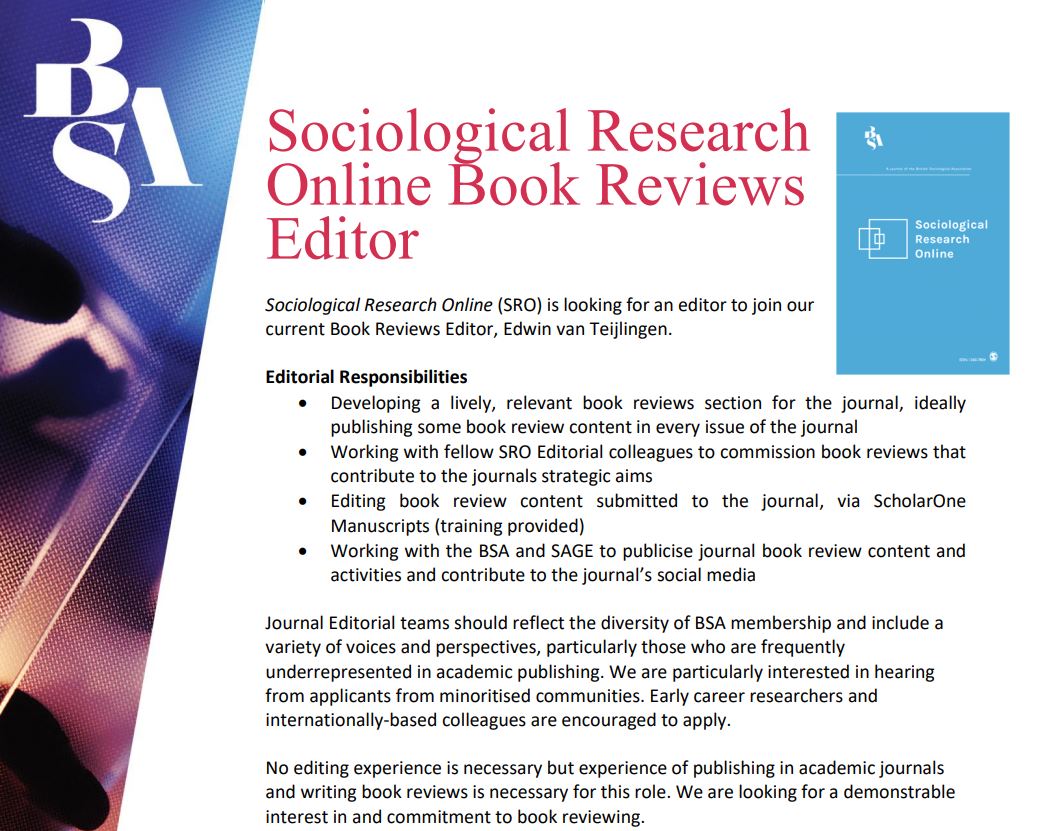
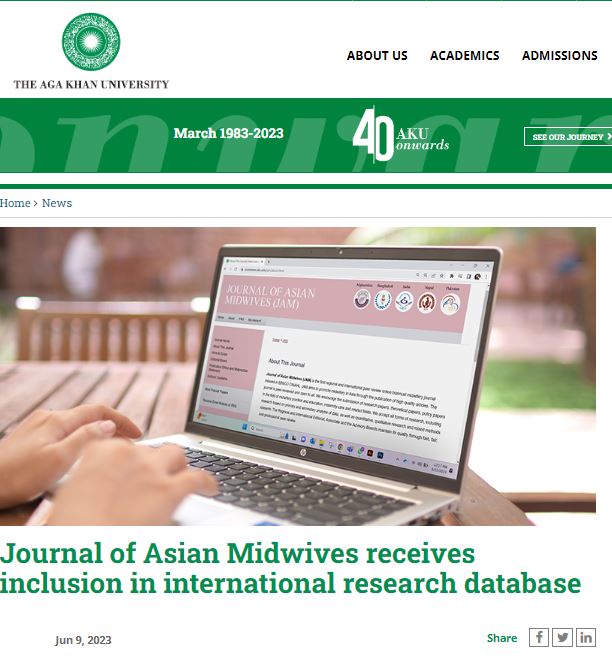



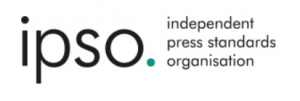
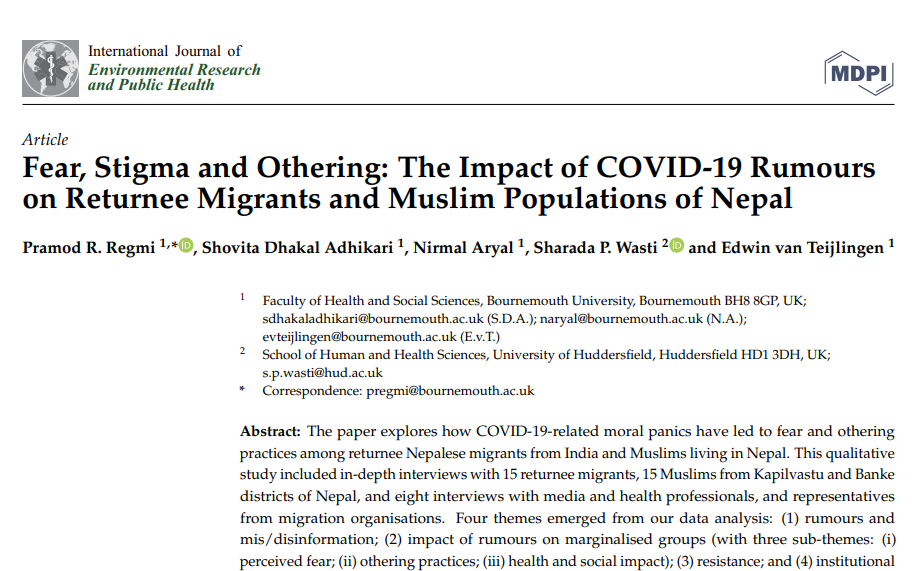
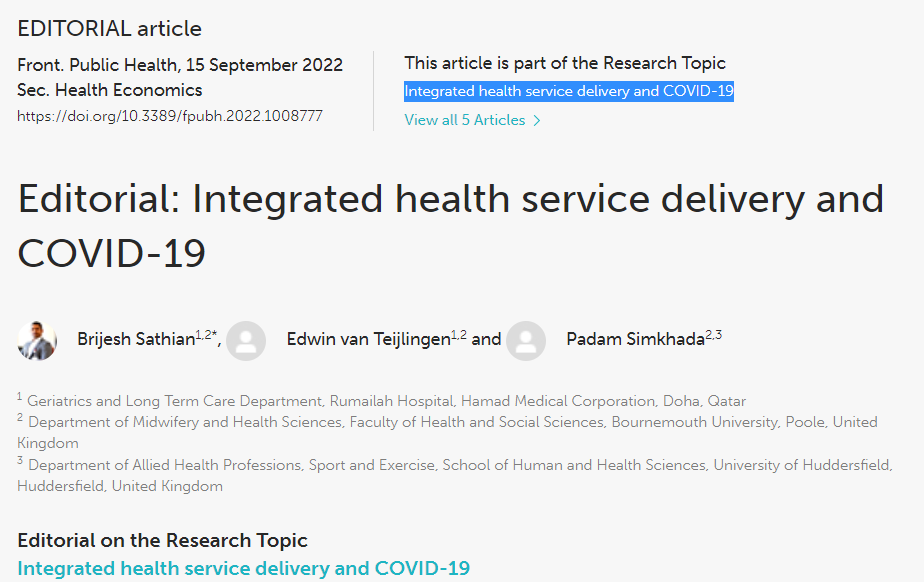
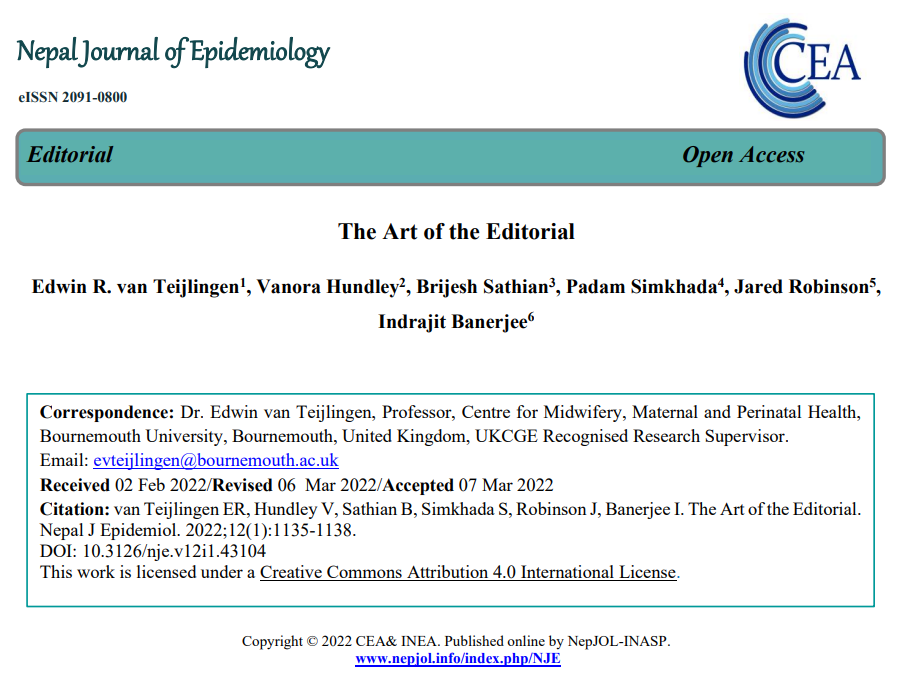
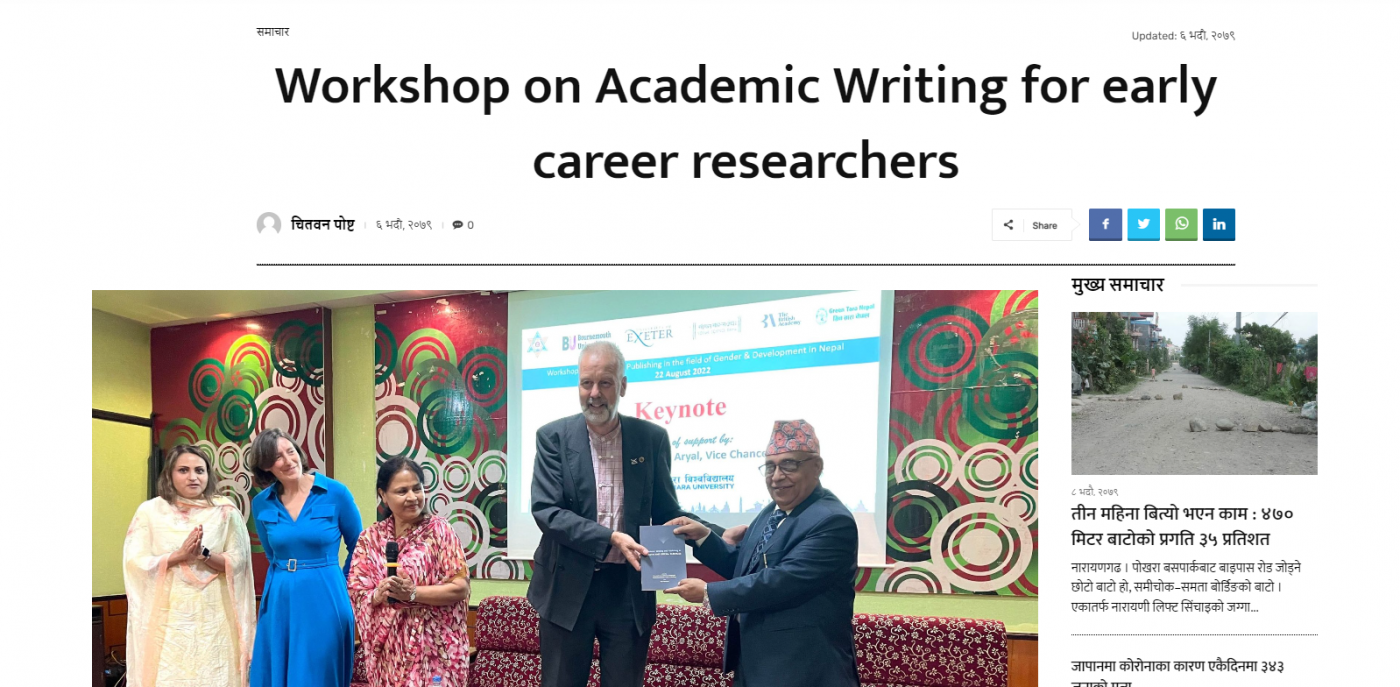
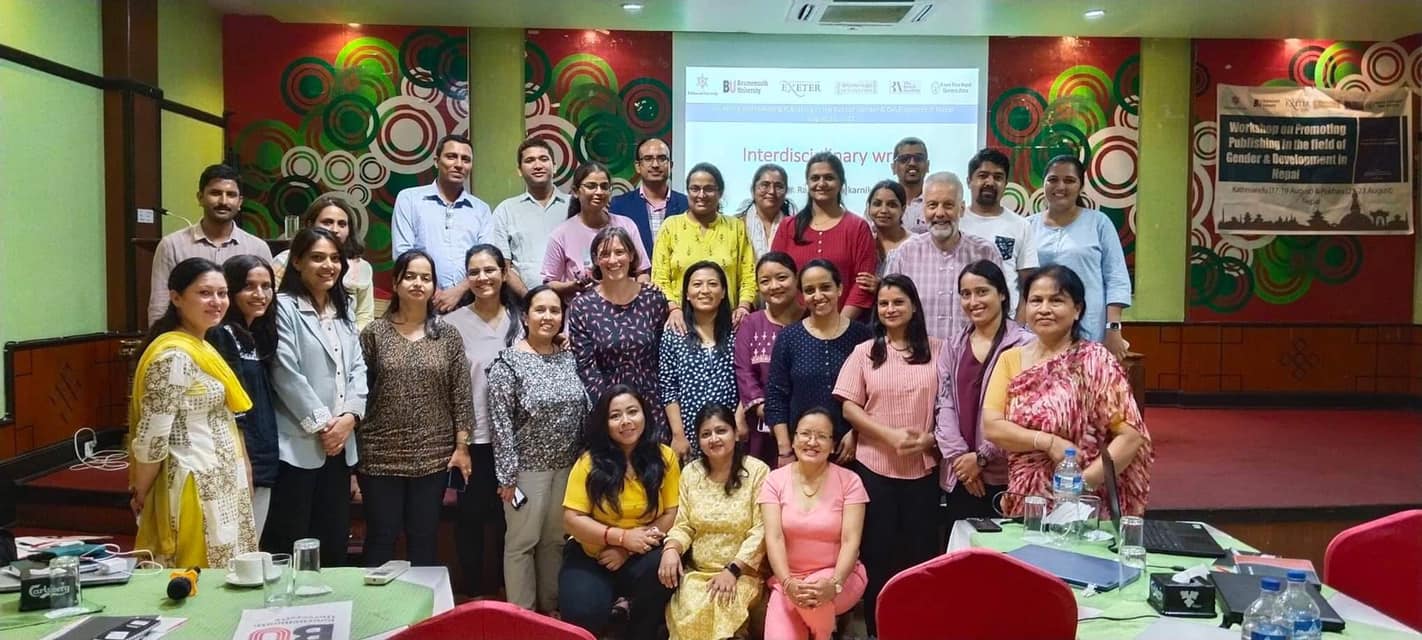
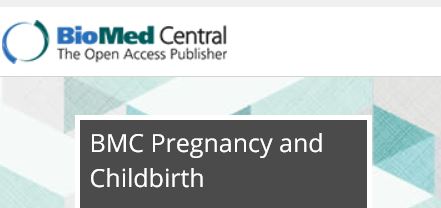

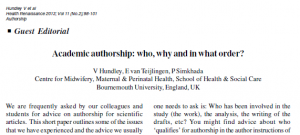
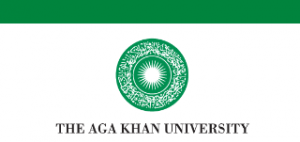
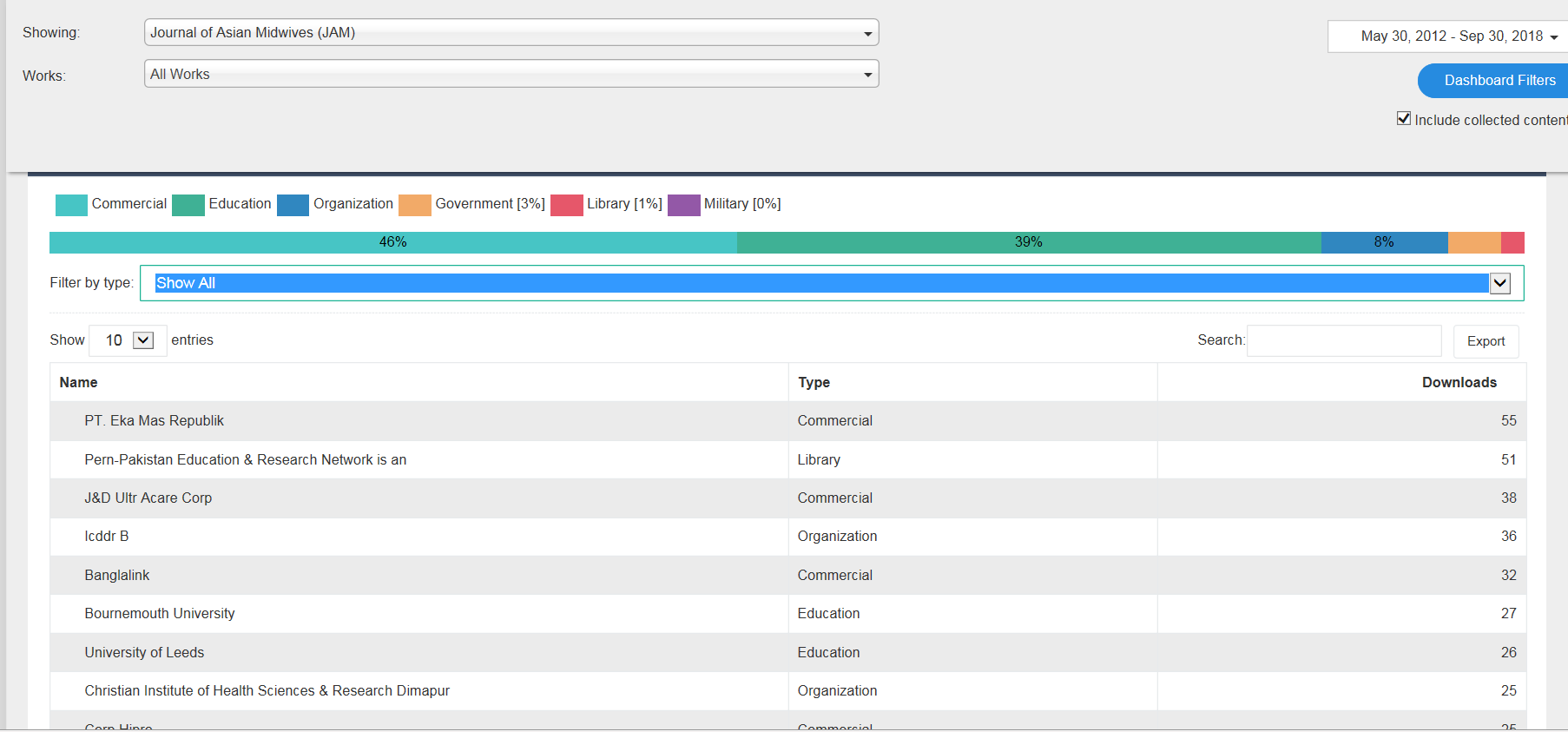

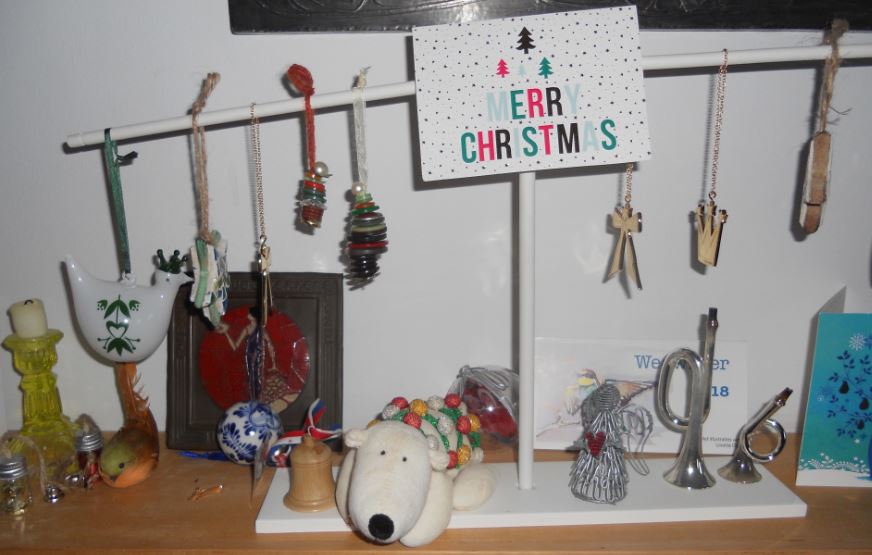

 One of the main elements of quality control in academic publishing is the process of peer review of articles. Editors of scientific journals will send manuscripts submitted to their journal out to a number of reviewers who are experts on, for example, the research topic, the method, theoretical approach or the geographical in the manuscript.
One of the main elements of quality control in academic publishing is the process of peer review of articles. Editors of scientific journals will send manuscripts submitted to their journal out to a number of reviewers who are experts on, for example, the research topic, the method, theoretical approach or the geographical in the manuscript.  Those of us who are actively involved in publishing about academic research are regularly asked to review articles for journals in their field. I usually am invited to review a paper twice or three times a month and I try to do at least one a month. The reasons for reviewing papers are plentiful. First, I believe in the essence of peer-reviewing as a system to maintain scientific quality. Secondly, you get to read some interesting research findings before anybody else, or the flip side, you get some pretty awful papers which makes you realise your own work quite good. Thirdly, it is something expected of all-round academic, as task you can add to your CV, etc. Fourthly, if I want my submitted papers to receive proper attention in the review process I feel I must to the same for someone else. Lastly, I get a chance to see ‘the other side’ as I am also an editor.
Those of us who are actively involved in publishing about academic research are regularly asked to review articles for journals in their field. I usually am invited to review a paper twice or three times a month and I try to do at least one a month. The reasons for reviewing papers are plentiful. First, I believe in the essence of peer-reviewing as a system to maintain scientific quality. Secondly, you get to read some interesting research findings before anybody else, or the flip side, you get some pretty awful papers which makes you realise your own work quite good. Thirdly, it is something expected of all-round academic, as task you can add to your CV, etc. Fourthly, if I want my submitted papers to receive proper attention in the review process I feel I must to the same for someone else. Lastly, I get a chance to see ‘the other side’ as I am also an editor.










 ESRC Festival of Social Science 2024 Open Call – Deadline for Applications Thursday 16 May
ESRC Festival of Social Science 2024 Open Call – Deadline for Applications Thursday 16 May We can help promote your public engagement event or activity
We can help promote your public engagement event or activity Horizon Europe News – December 2023
Horizon Europe News – December 2023